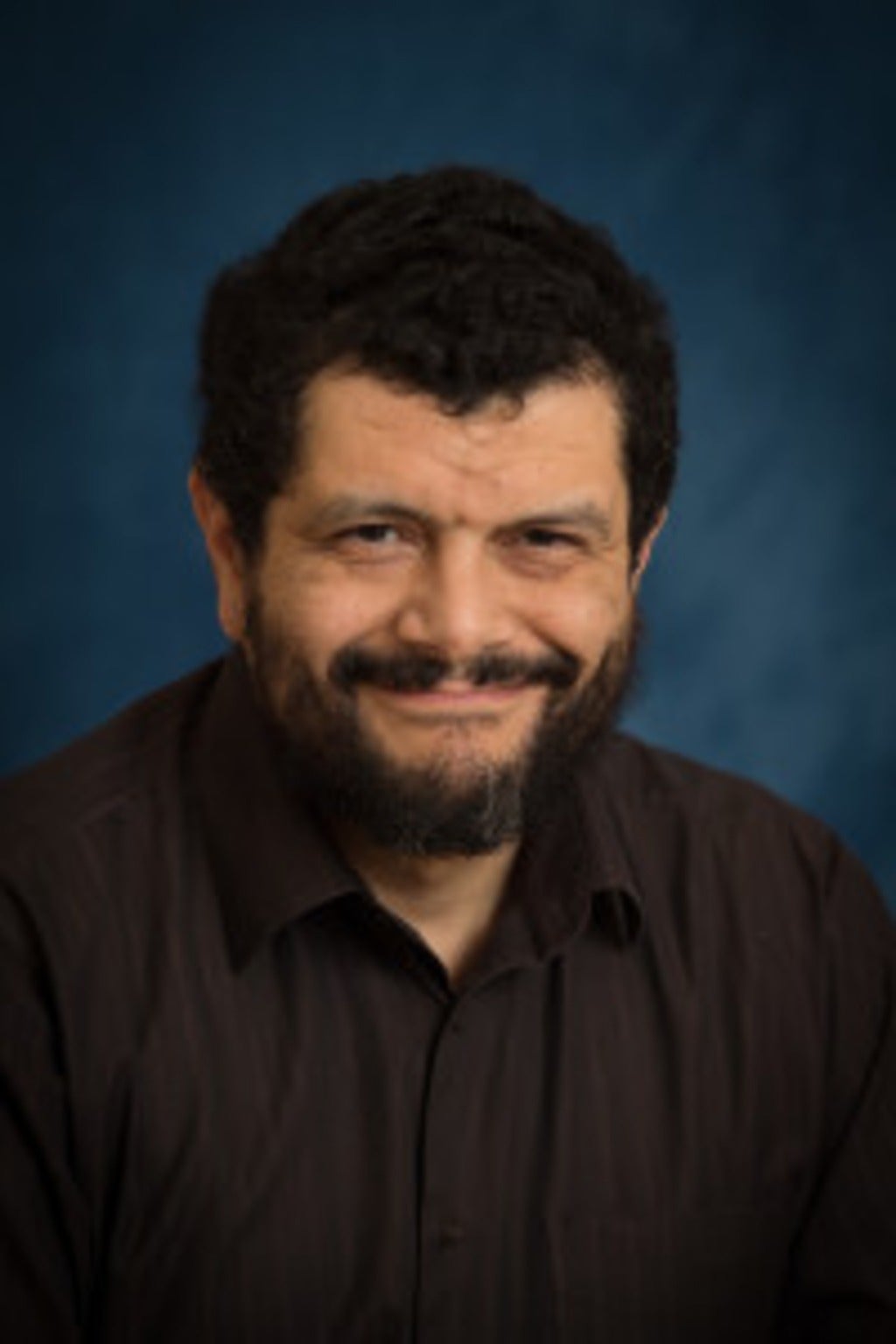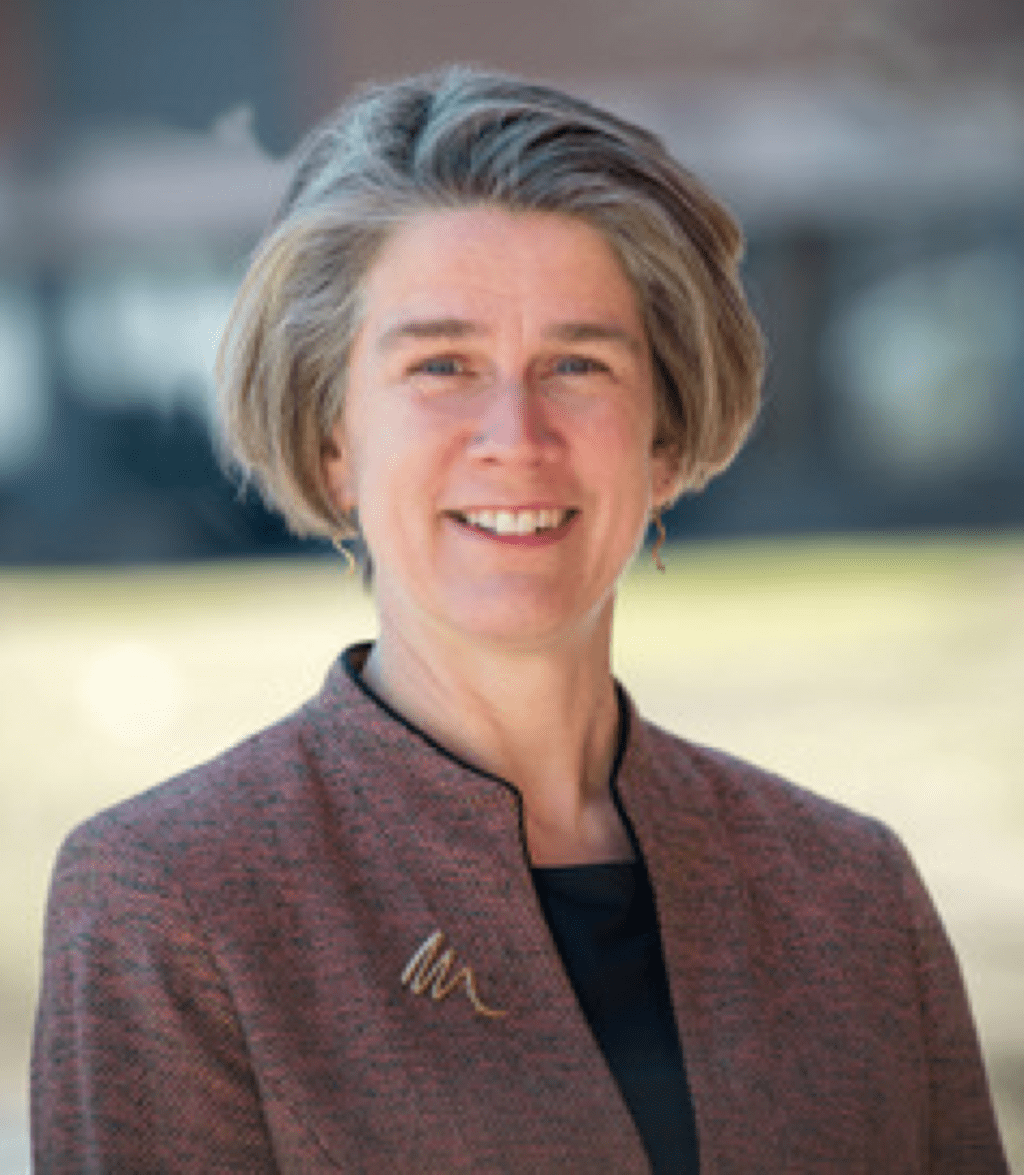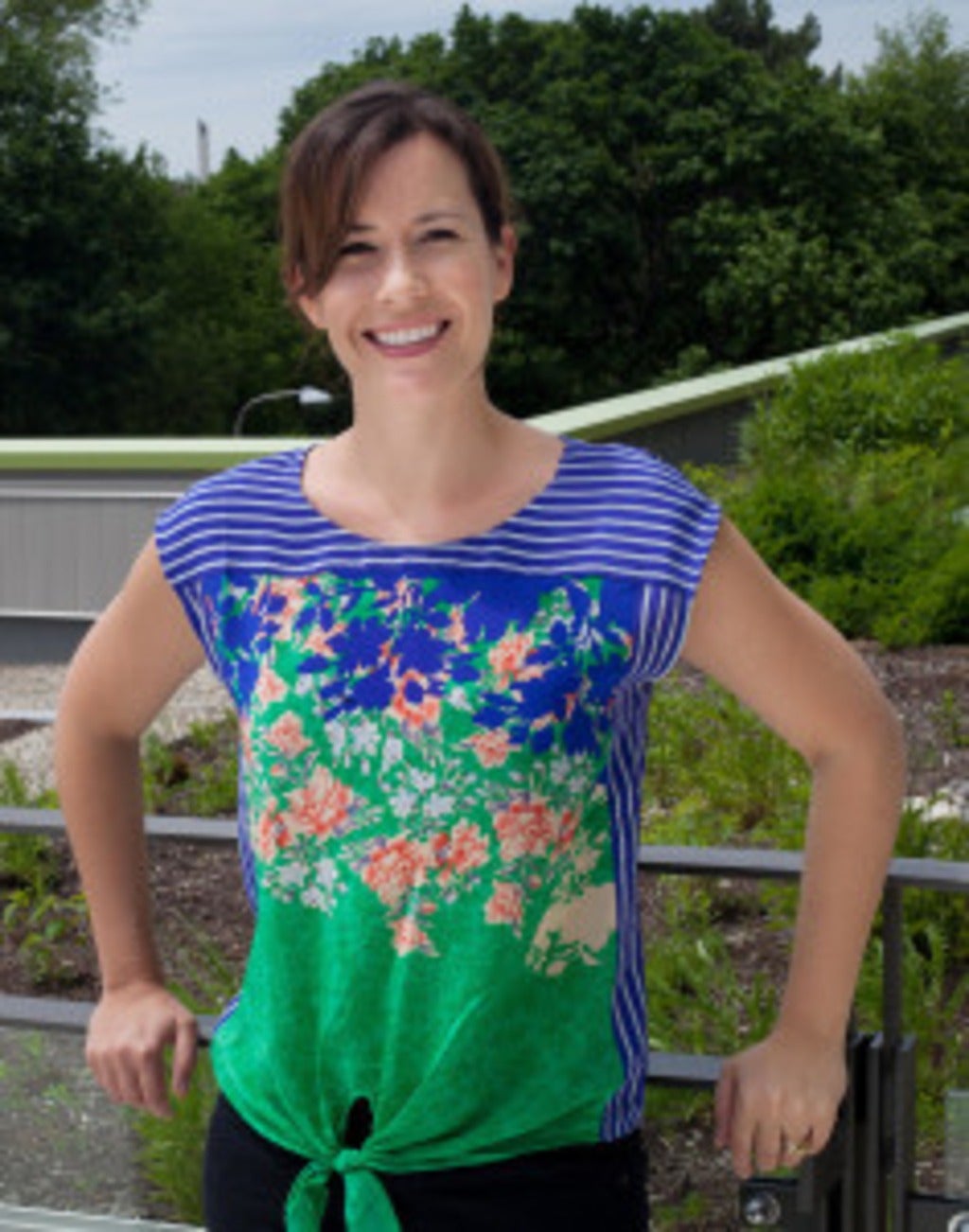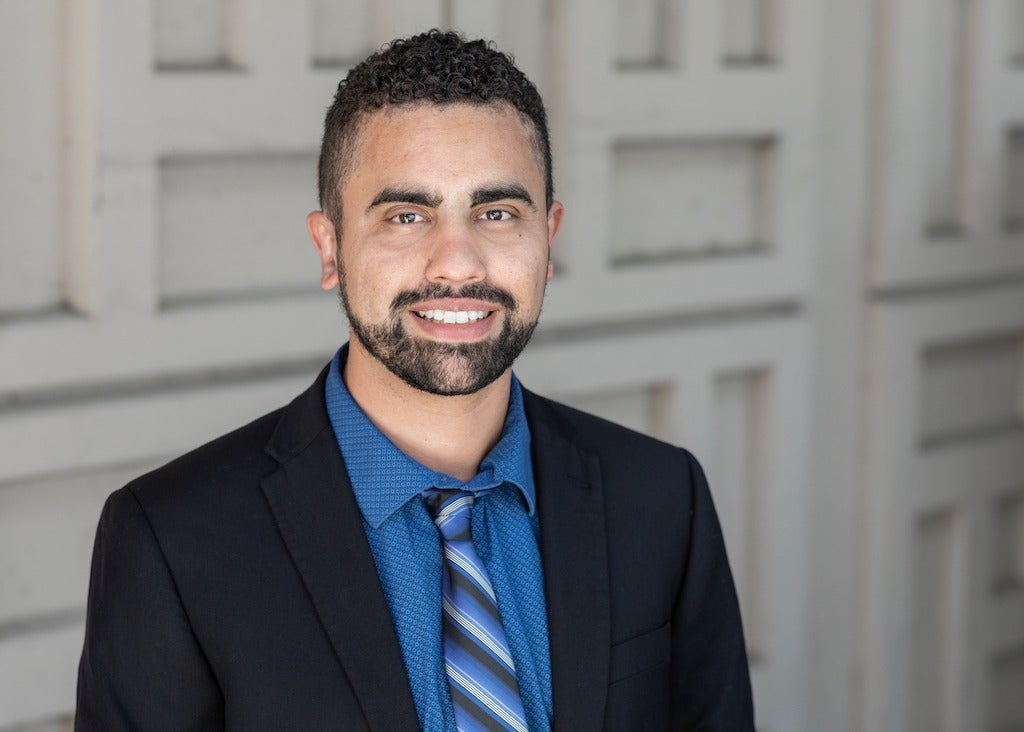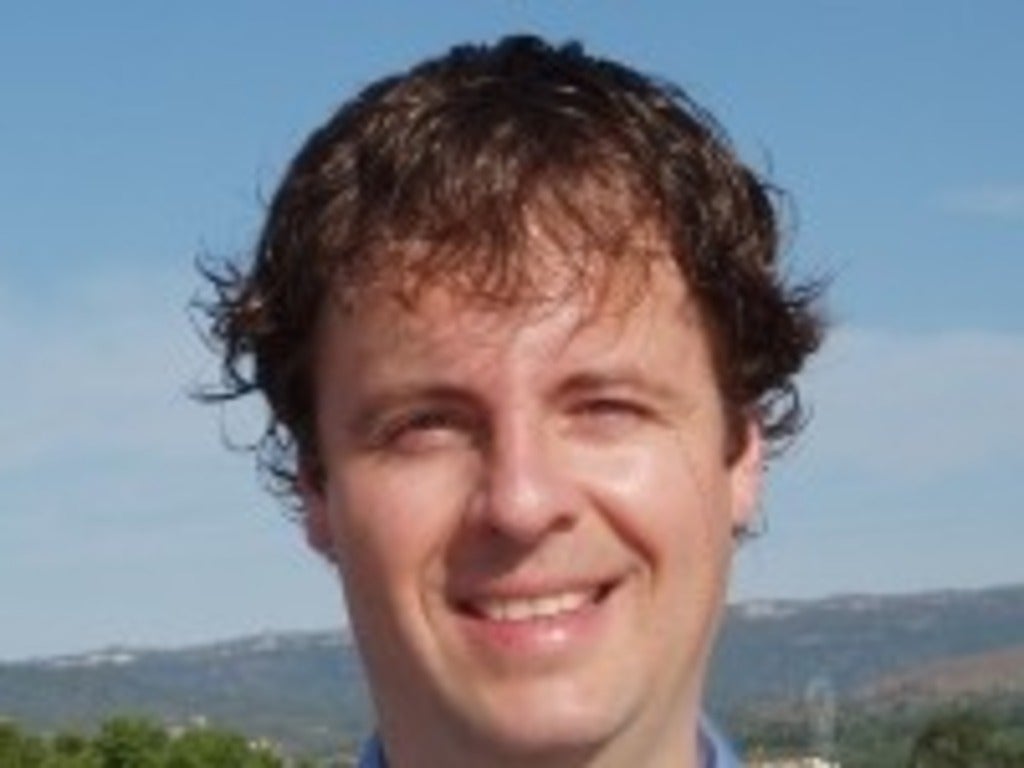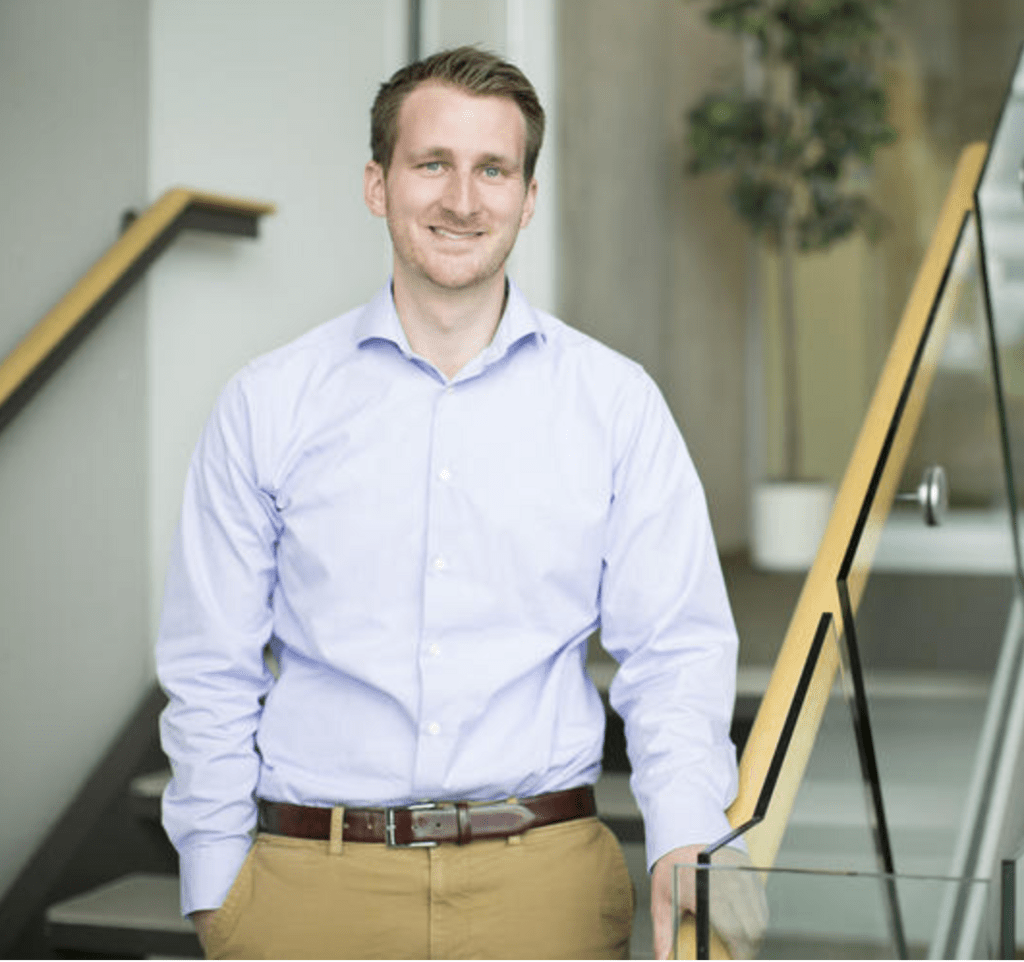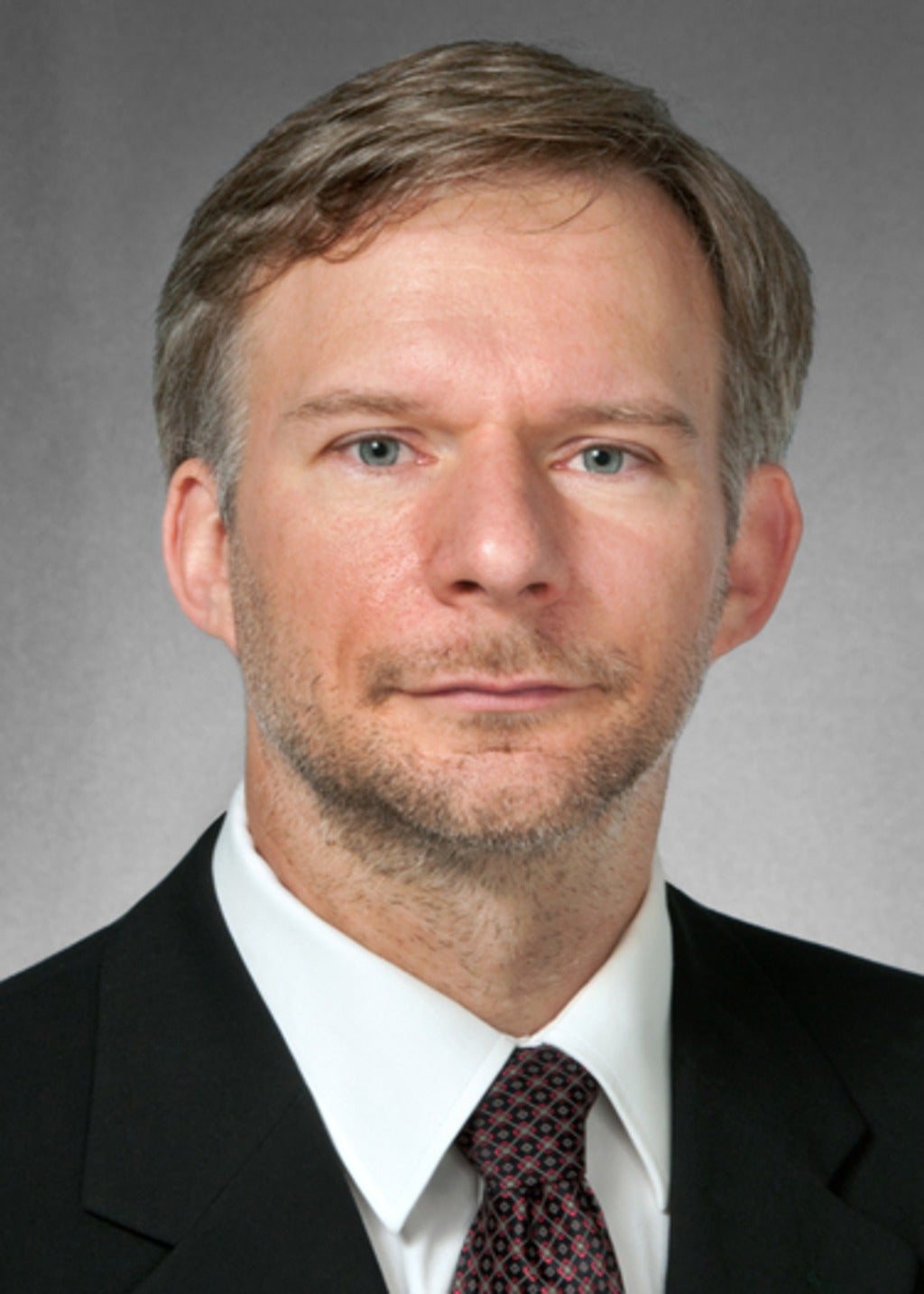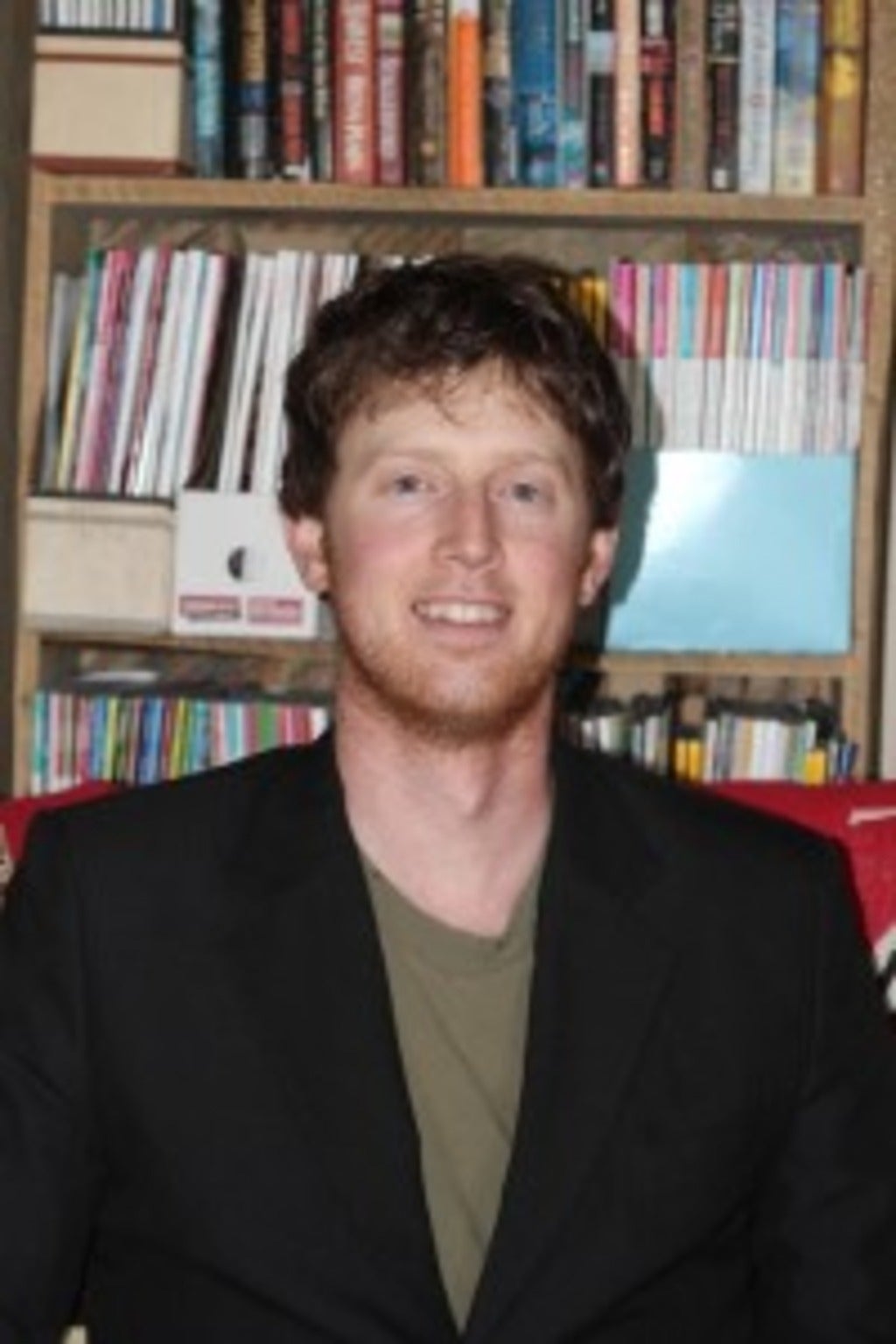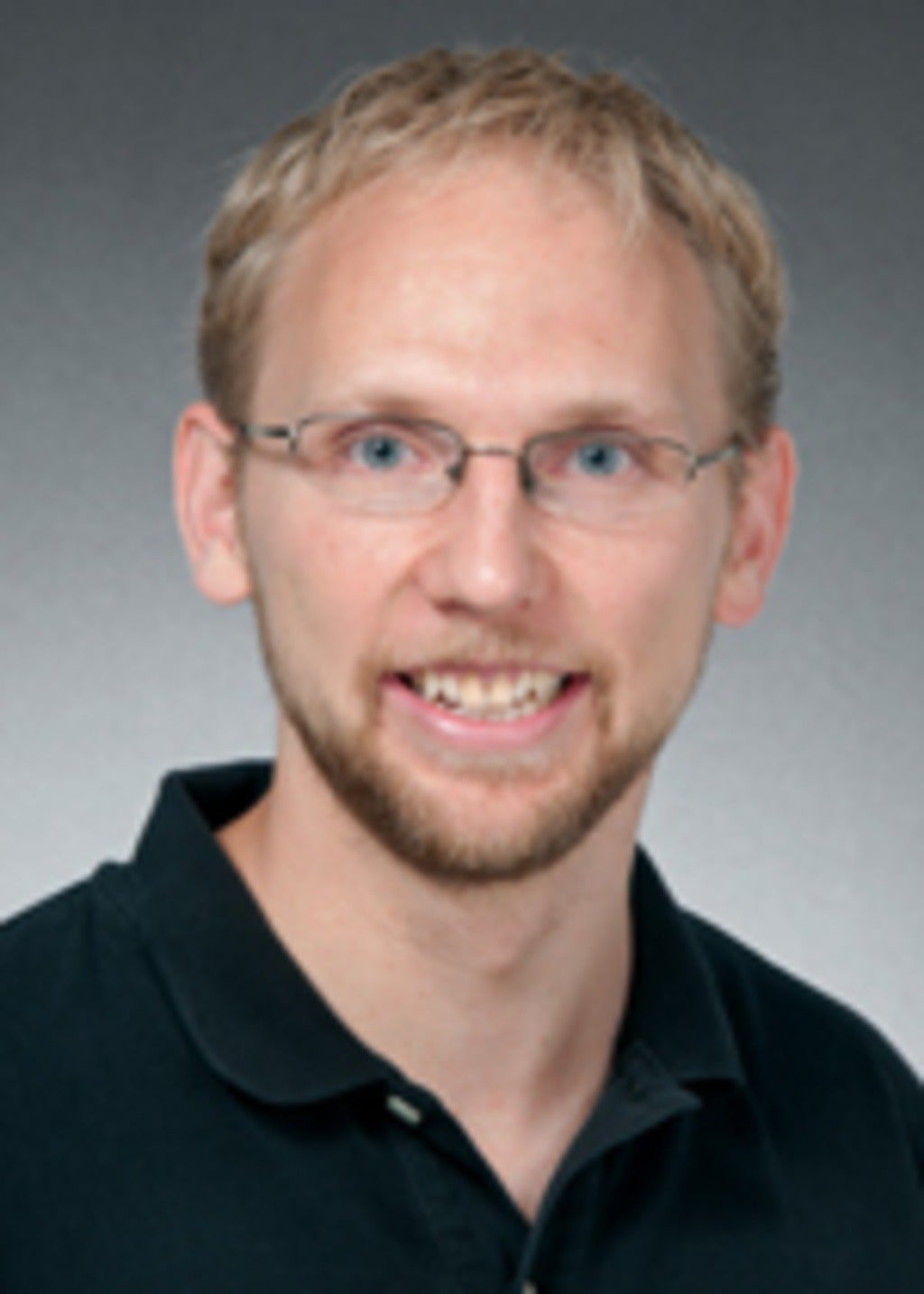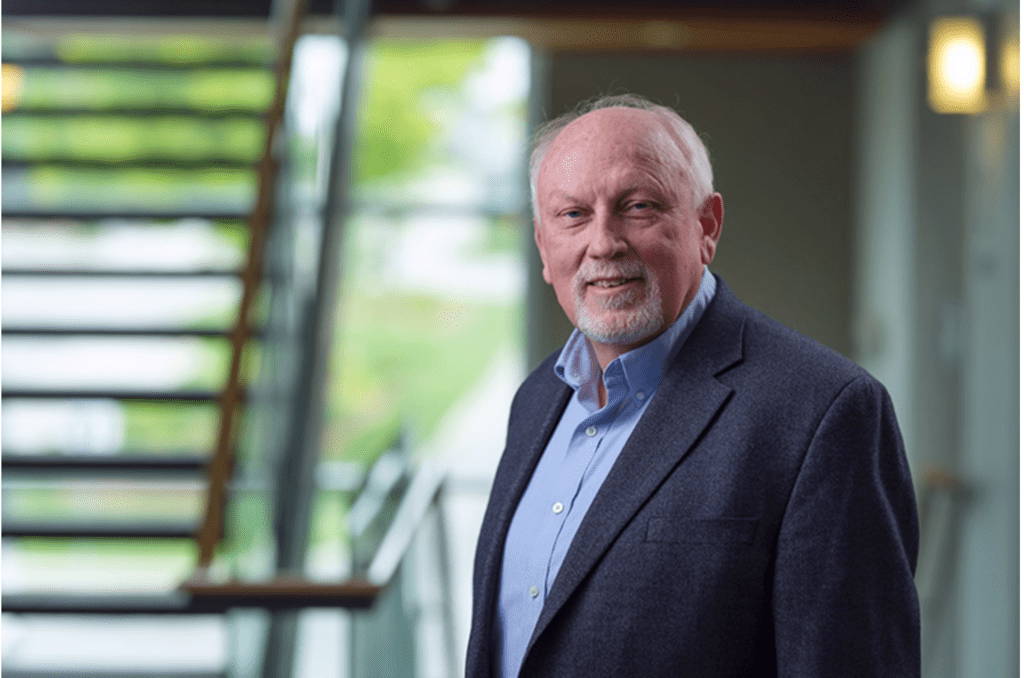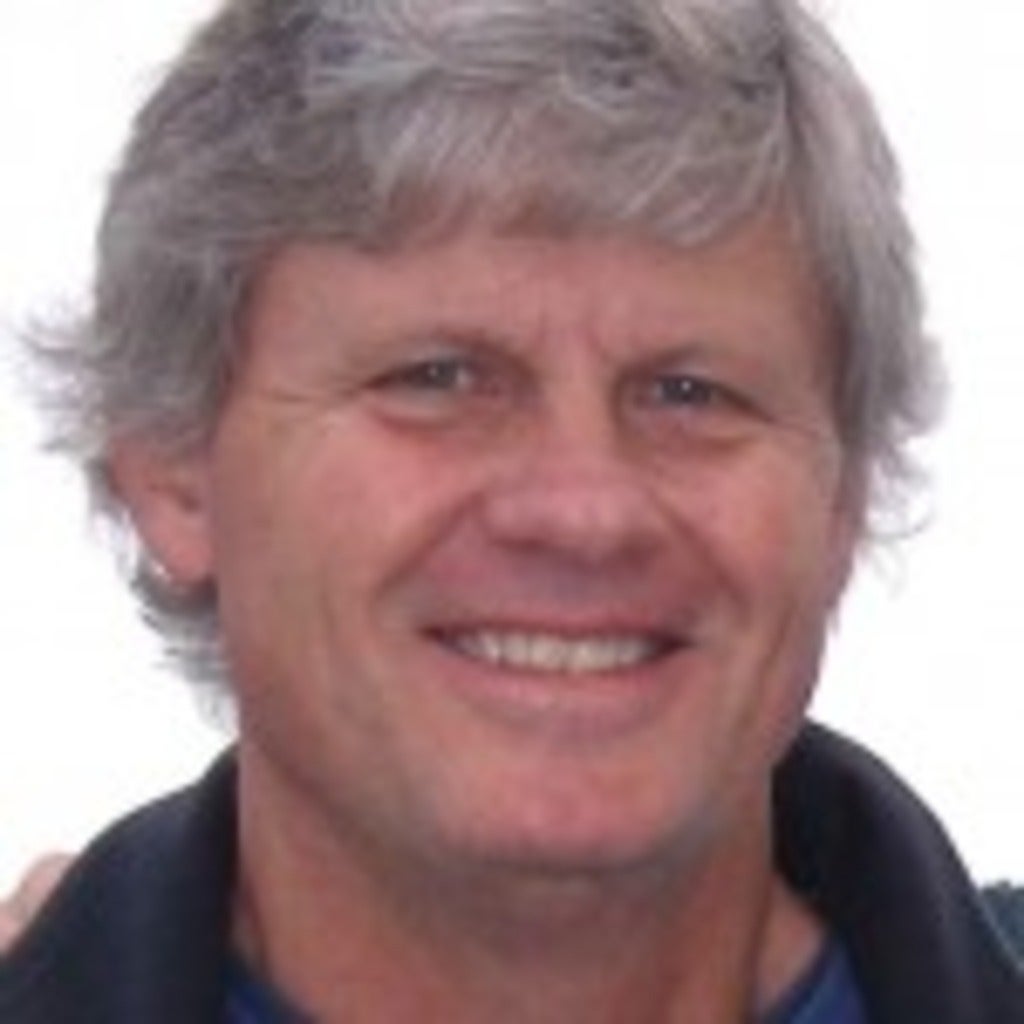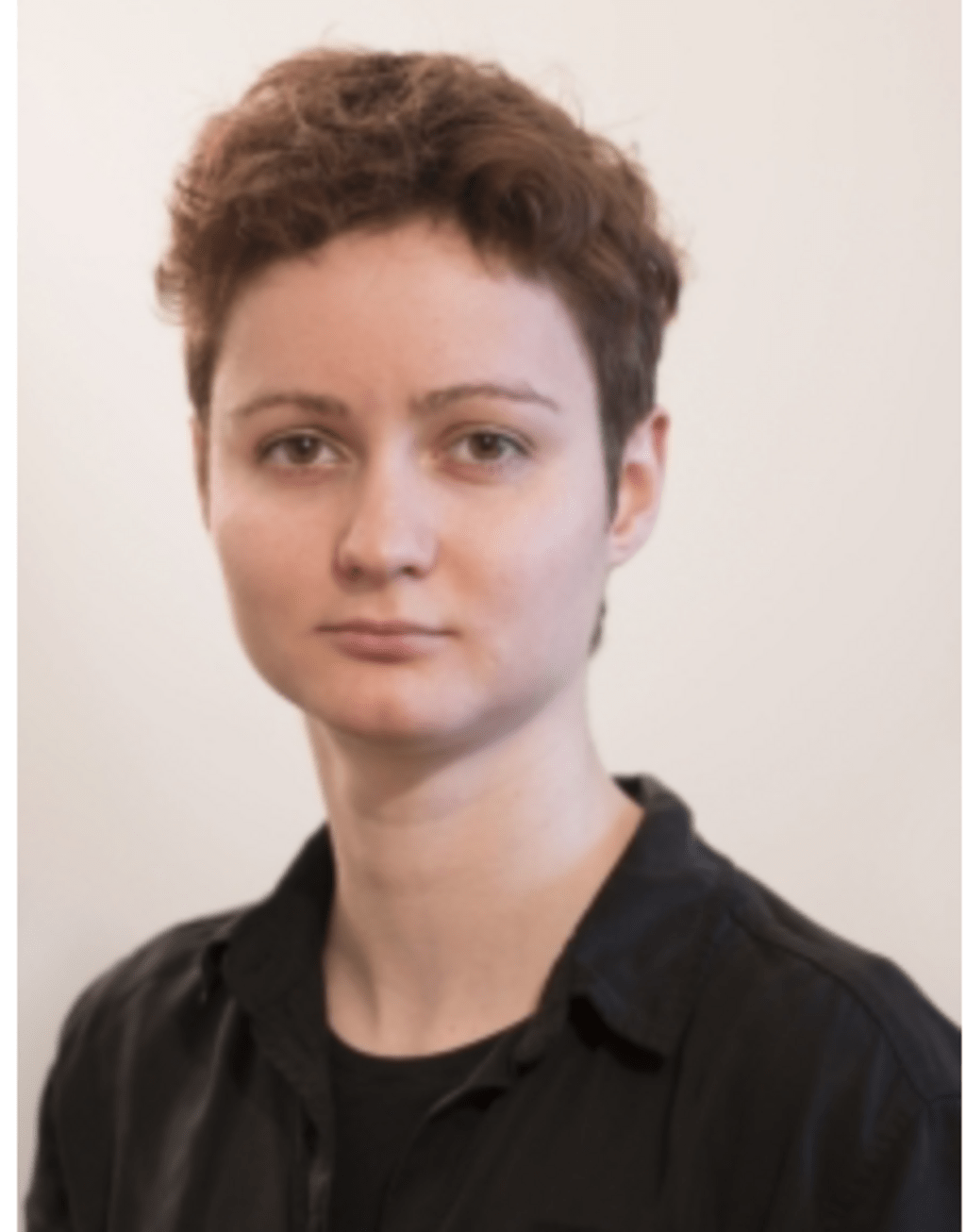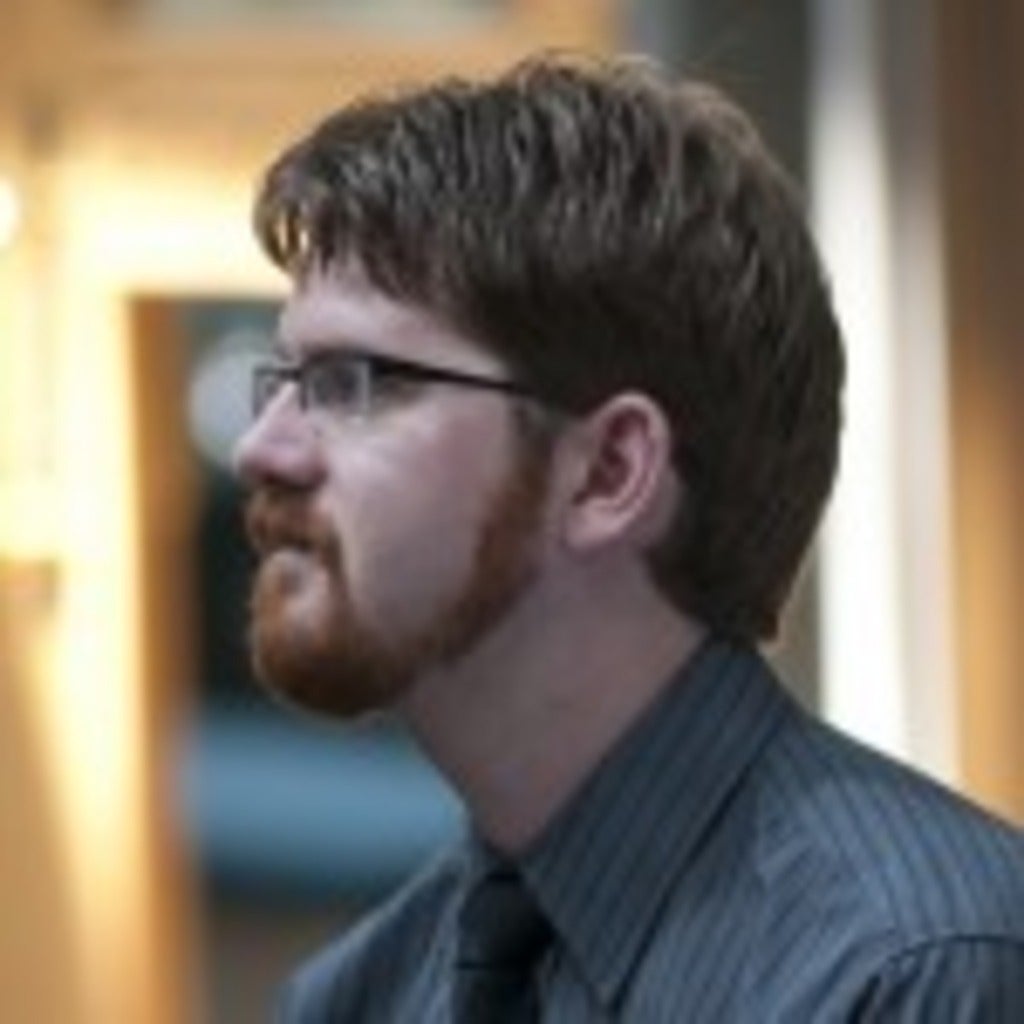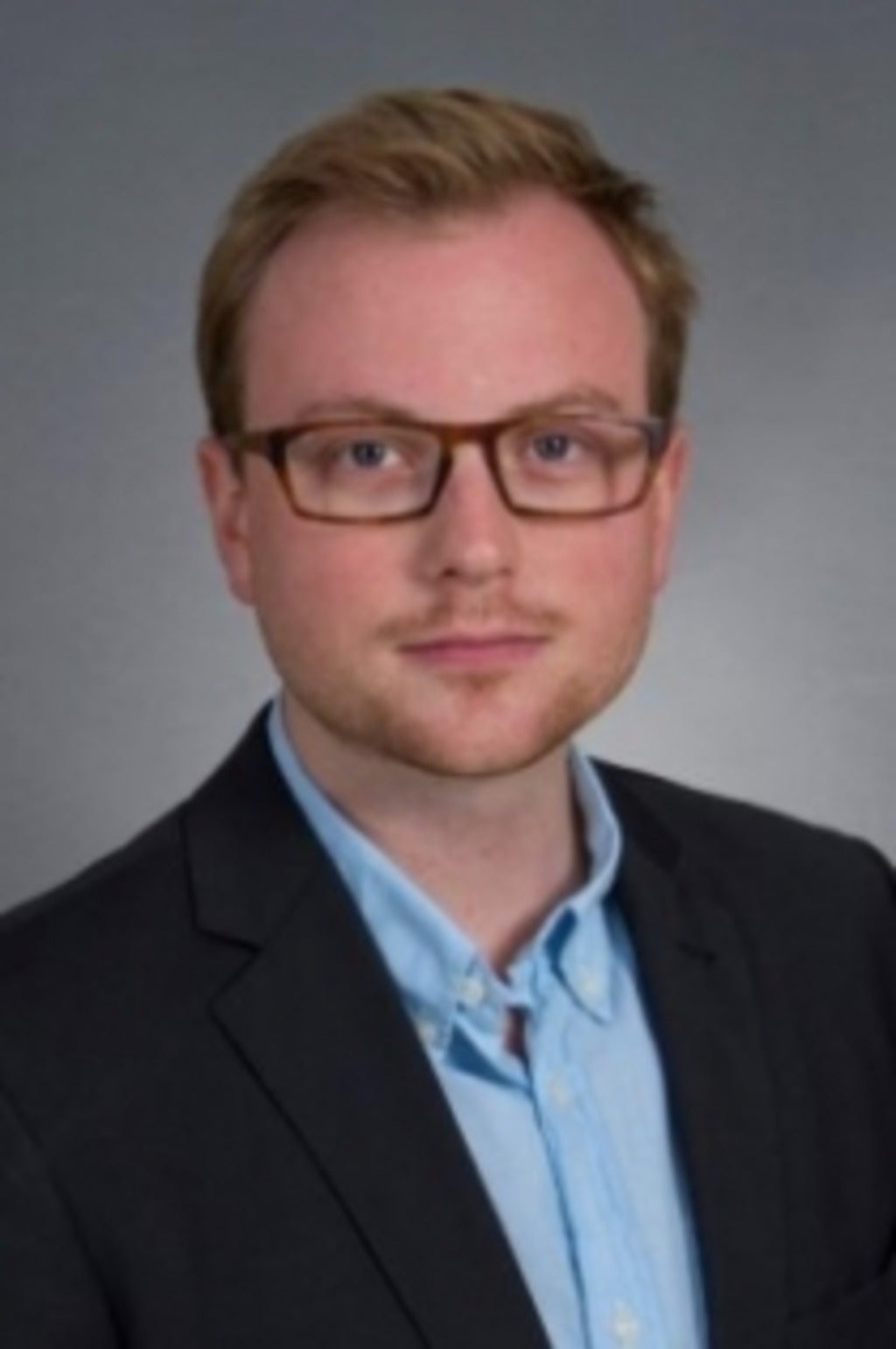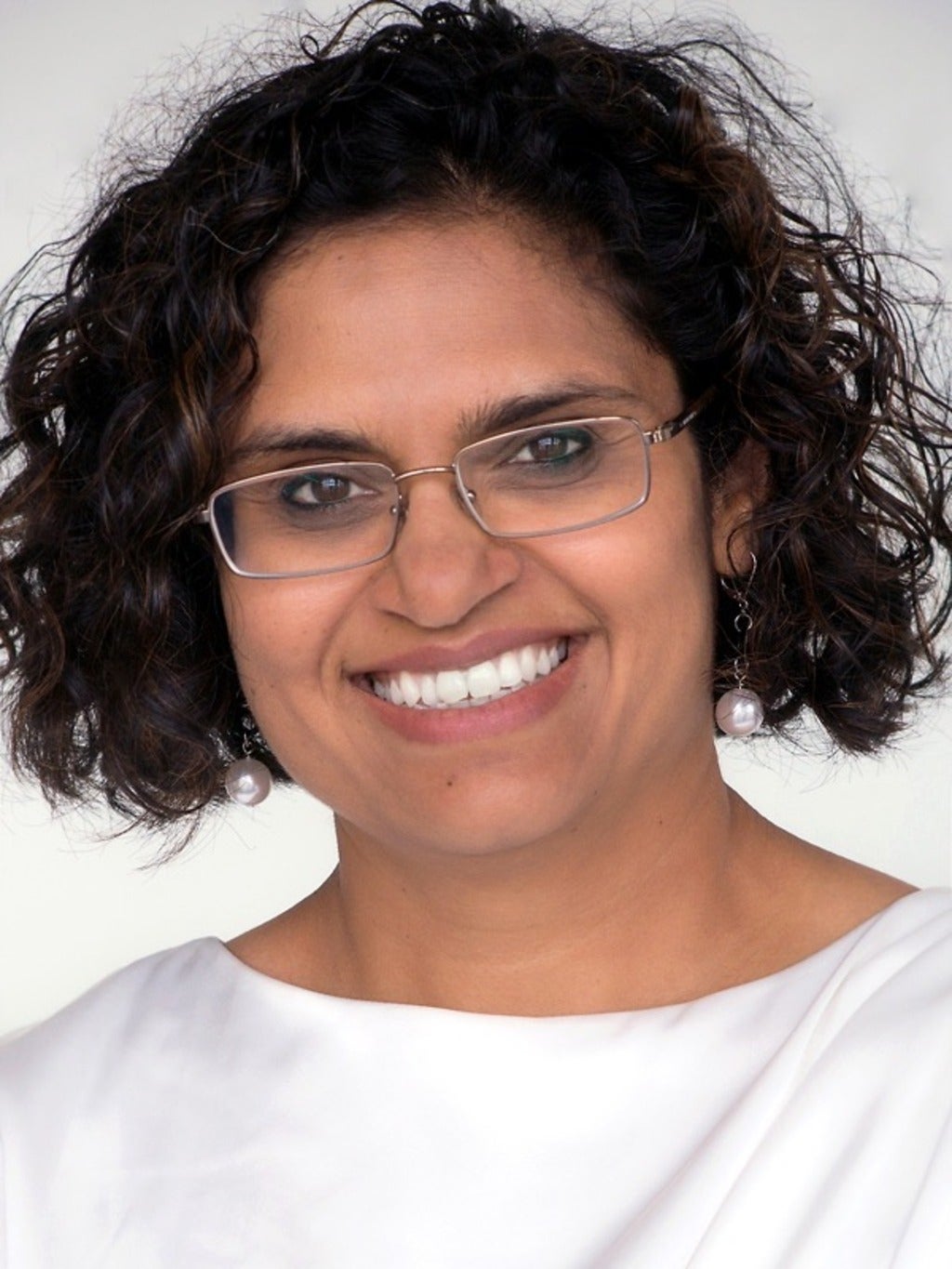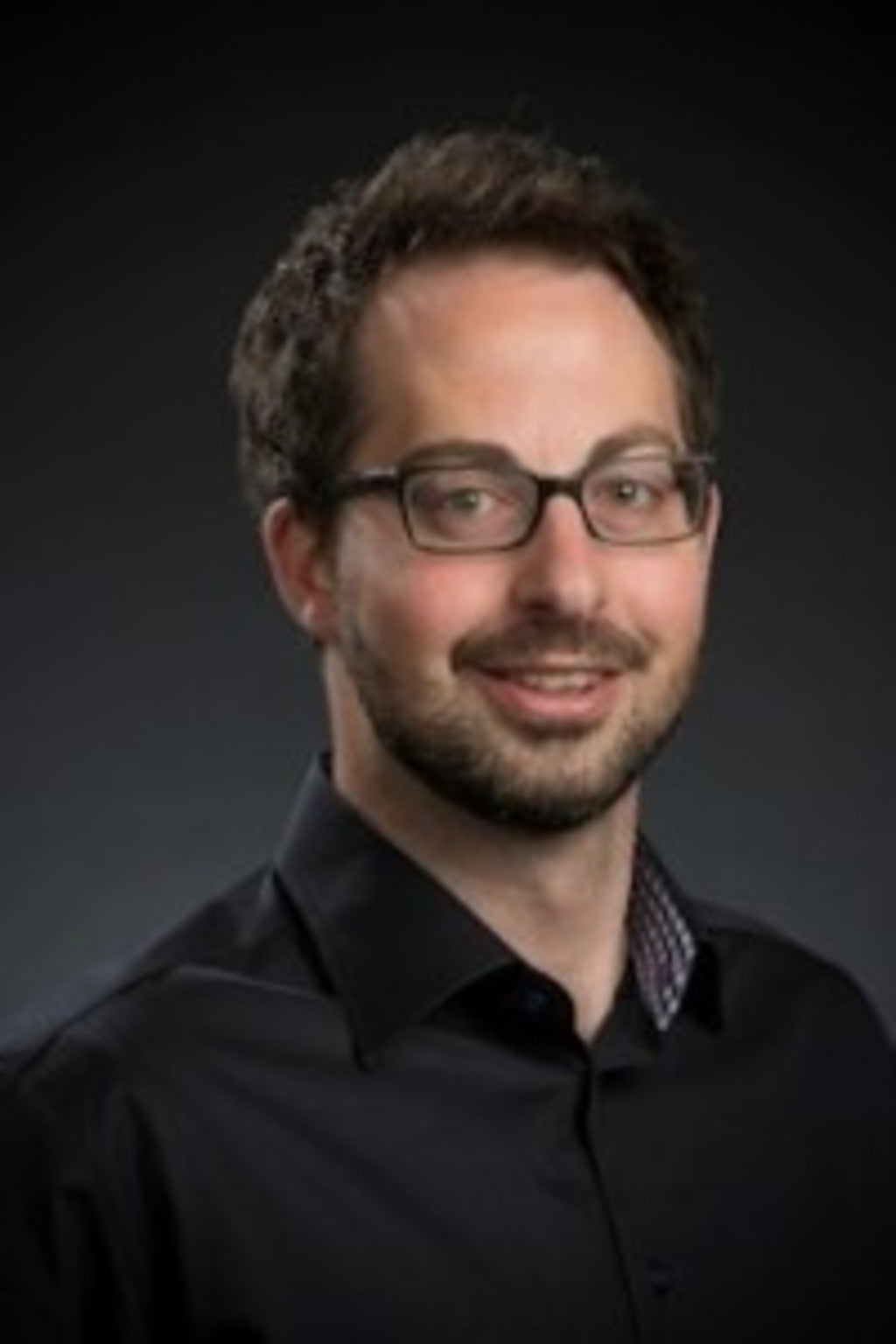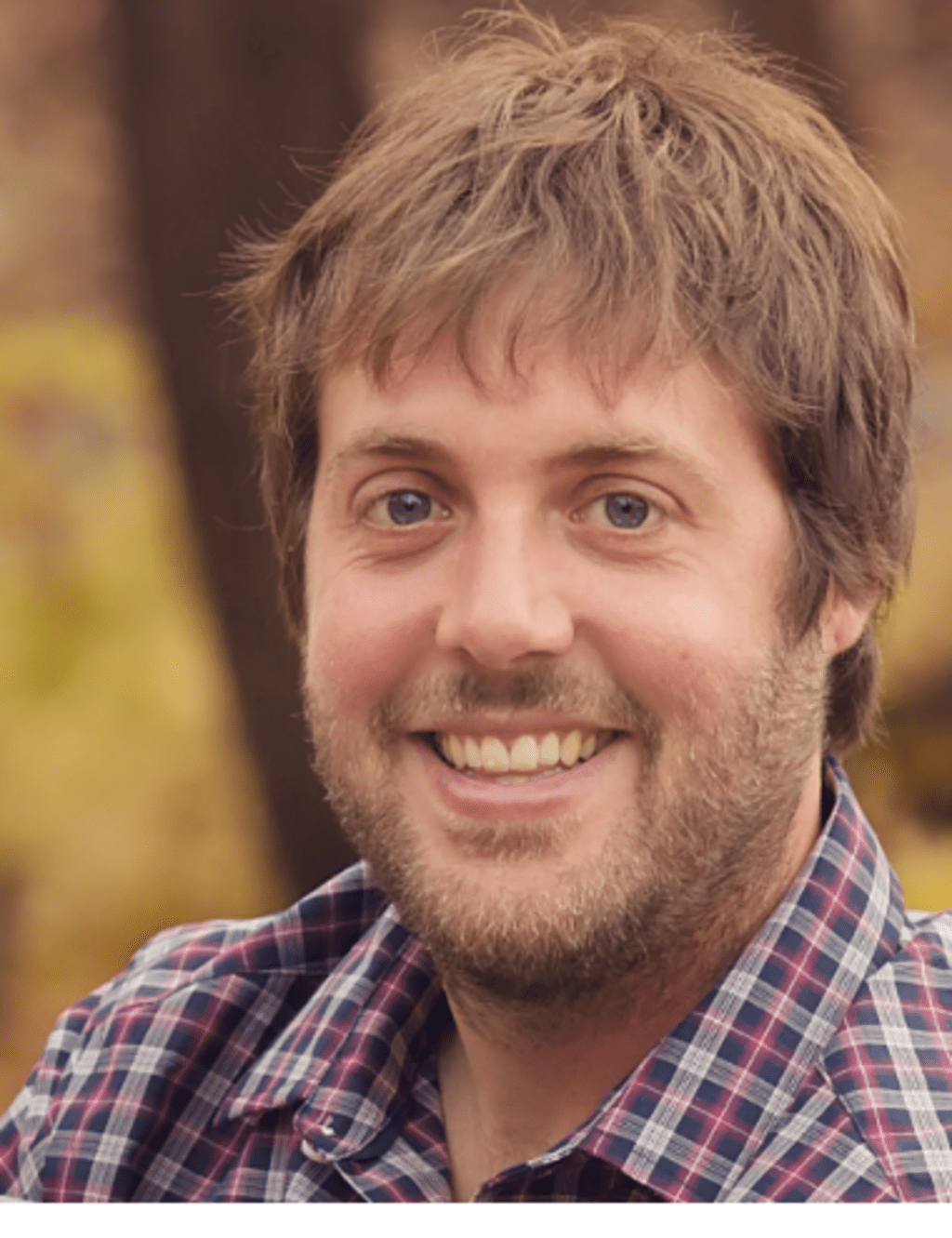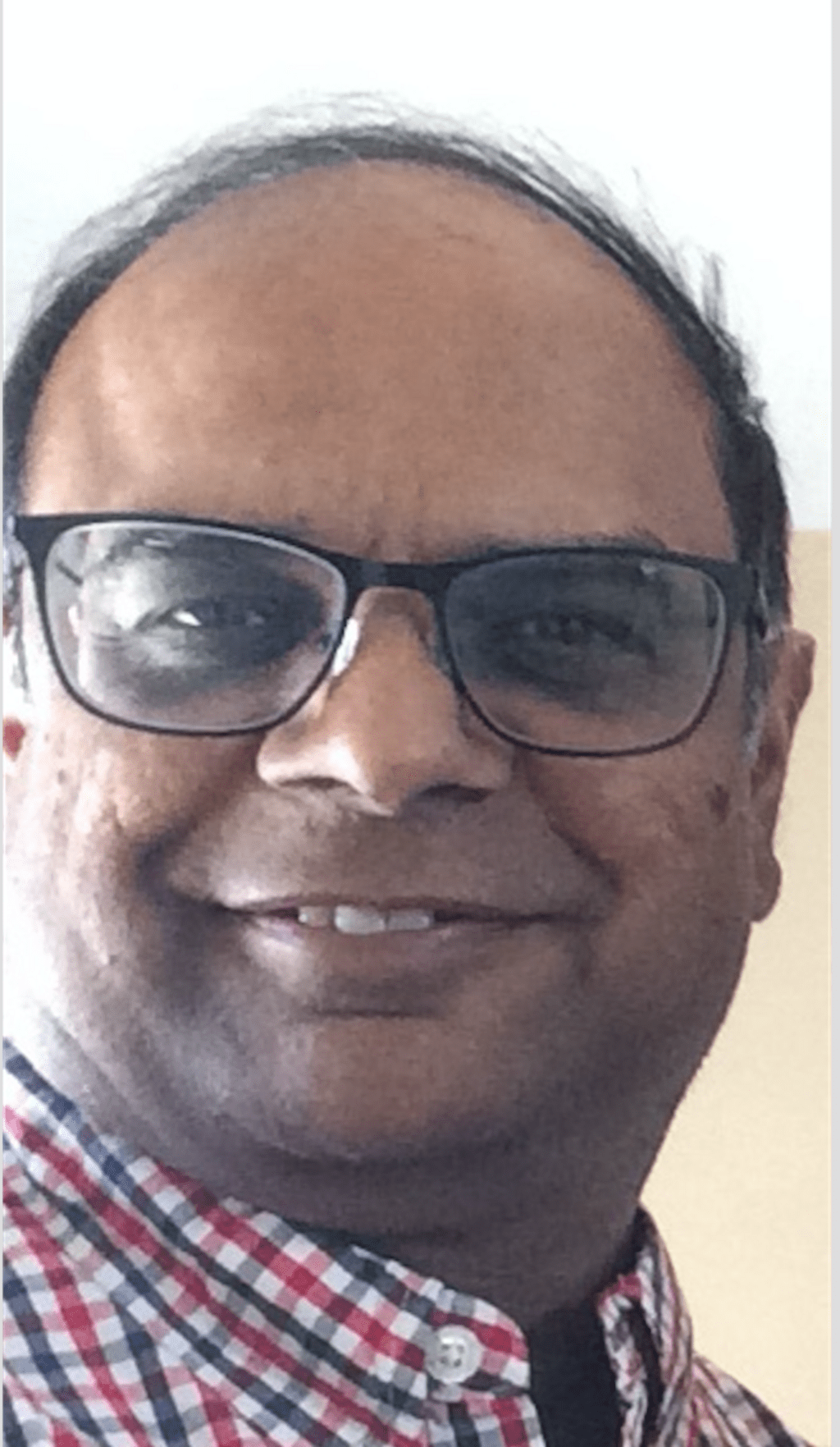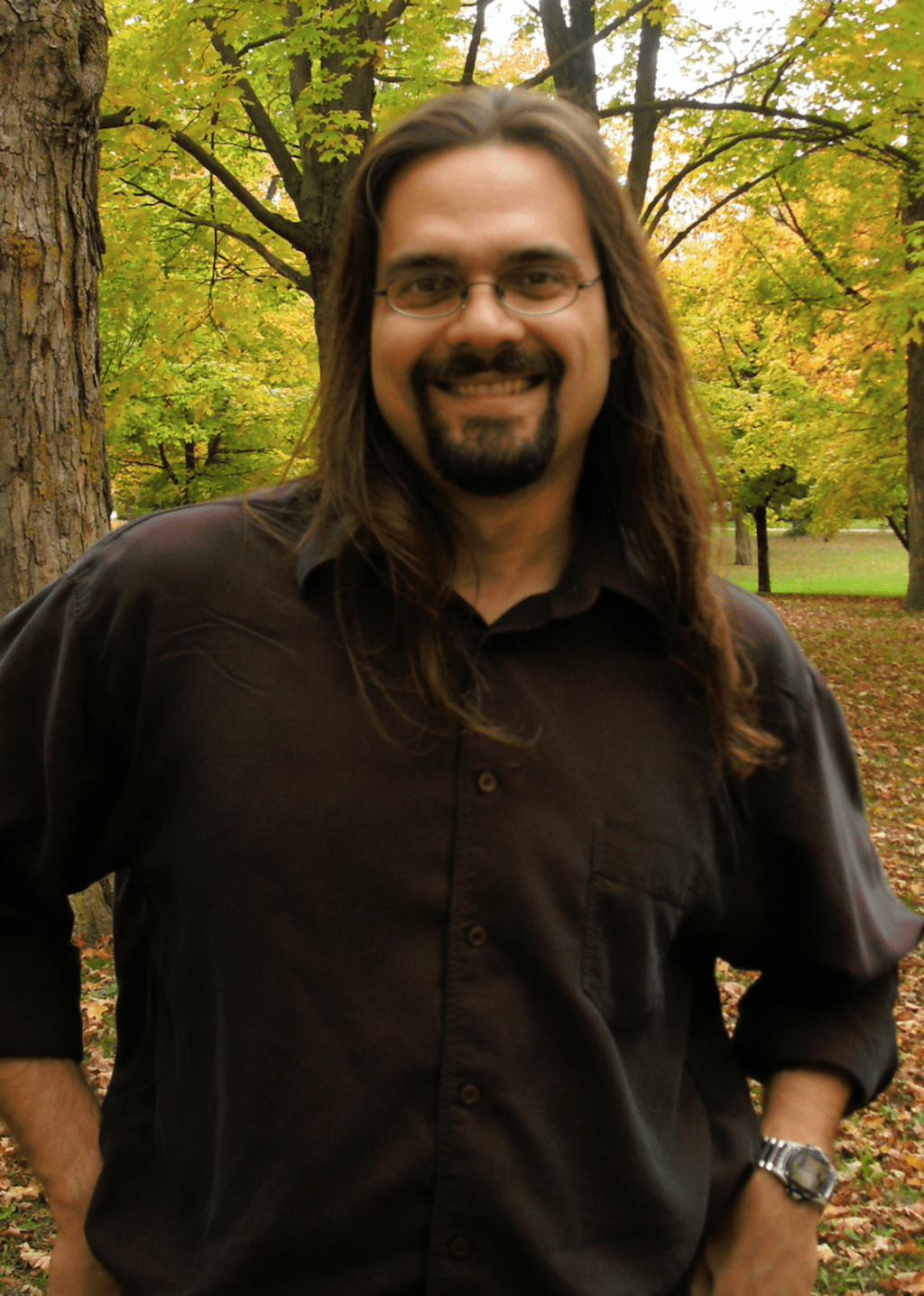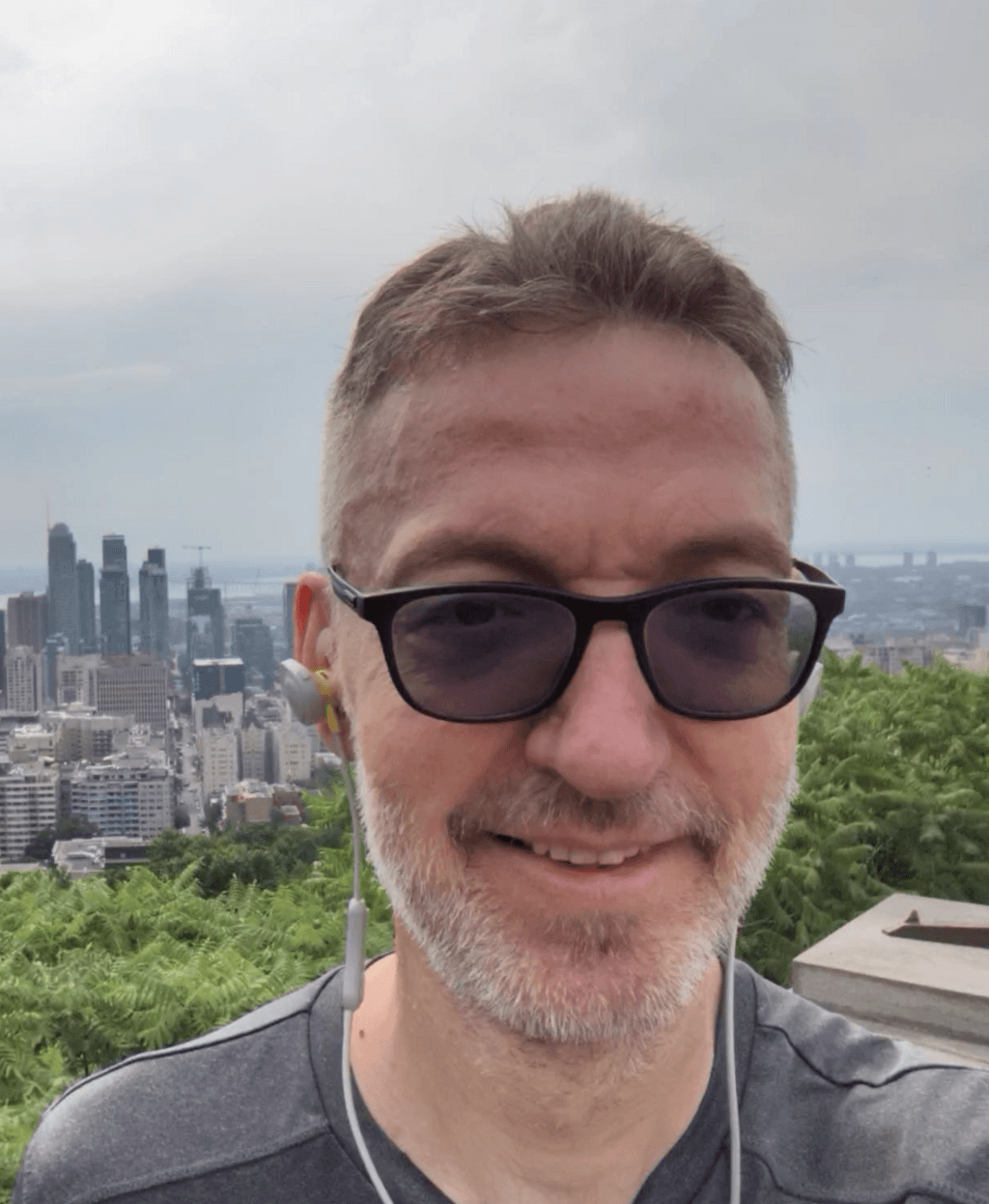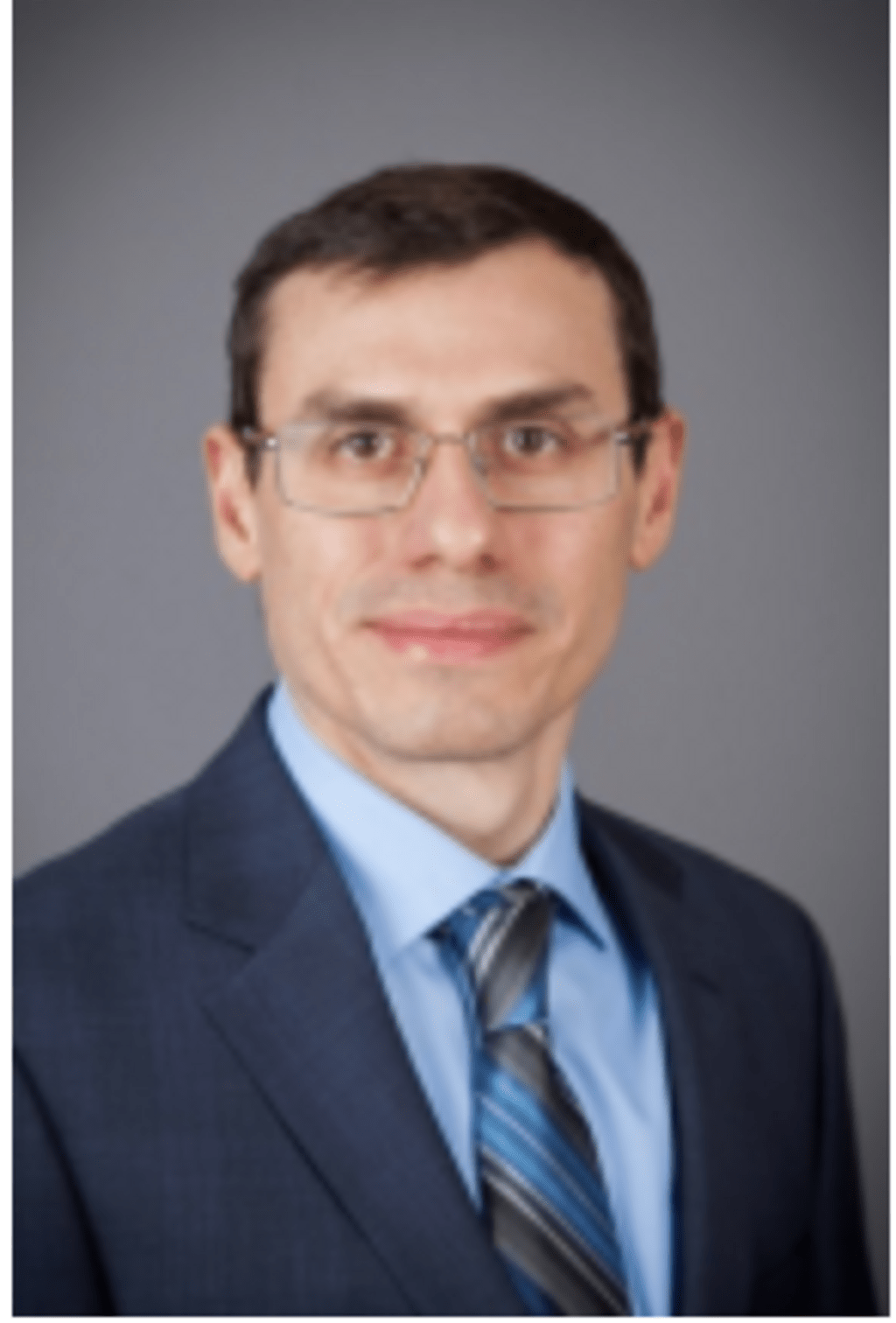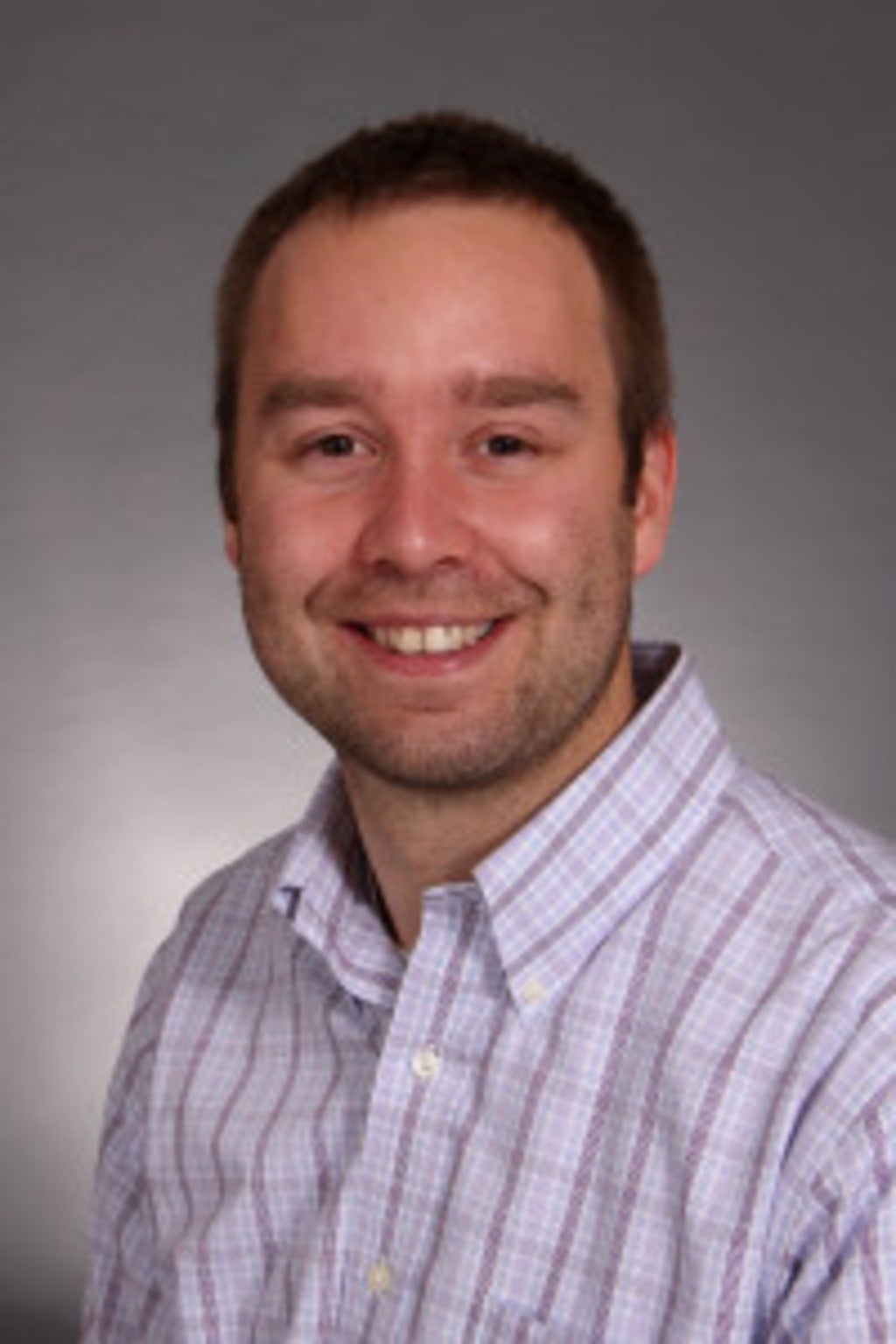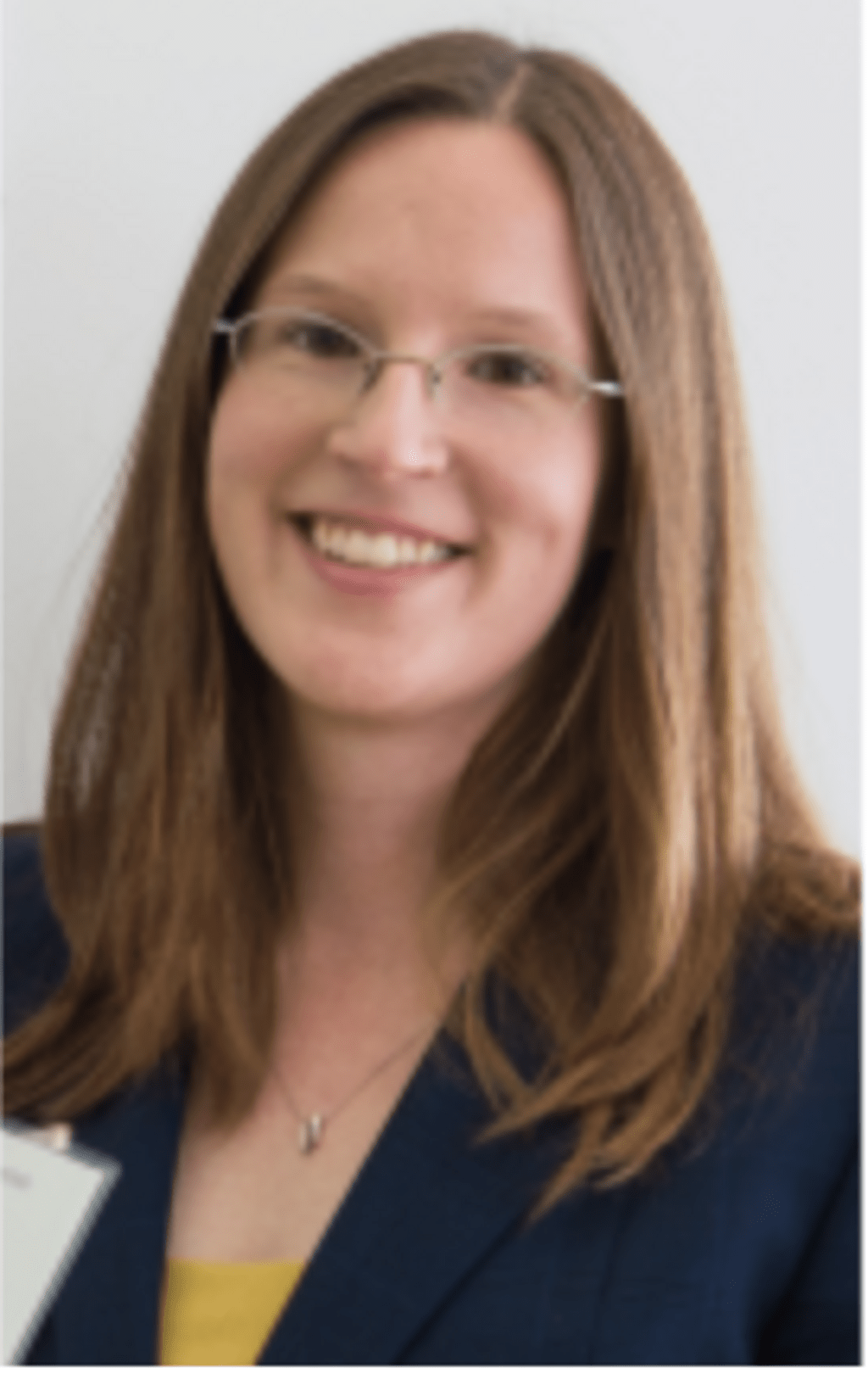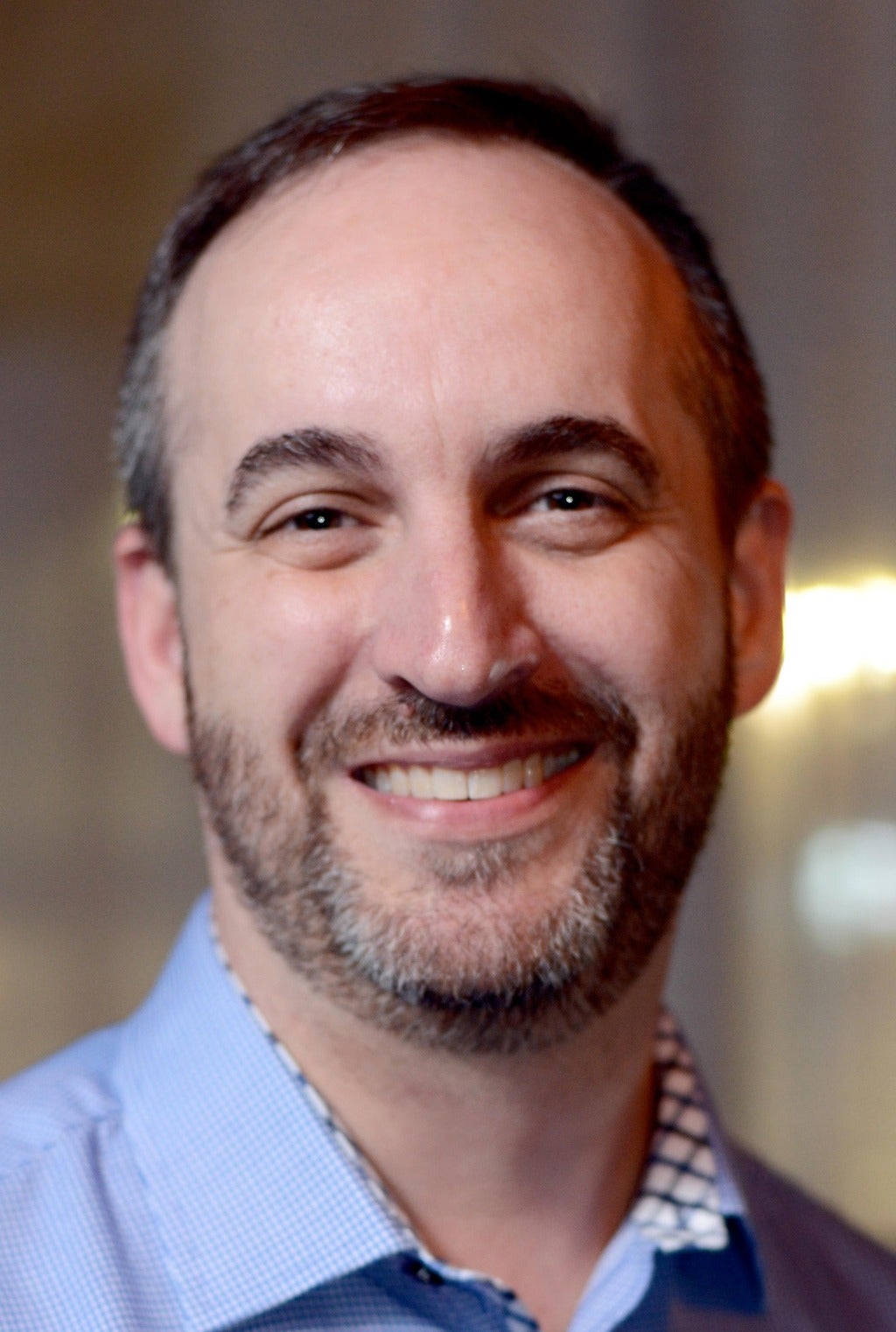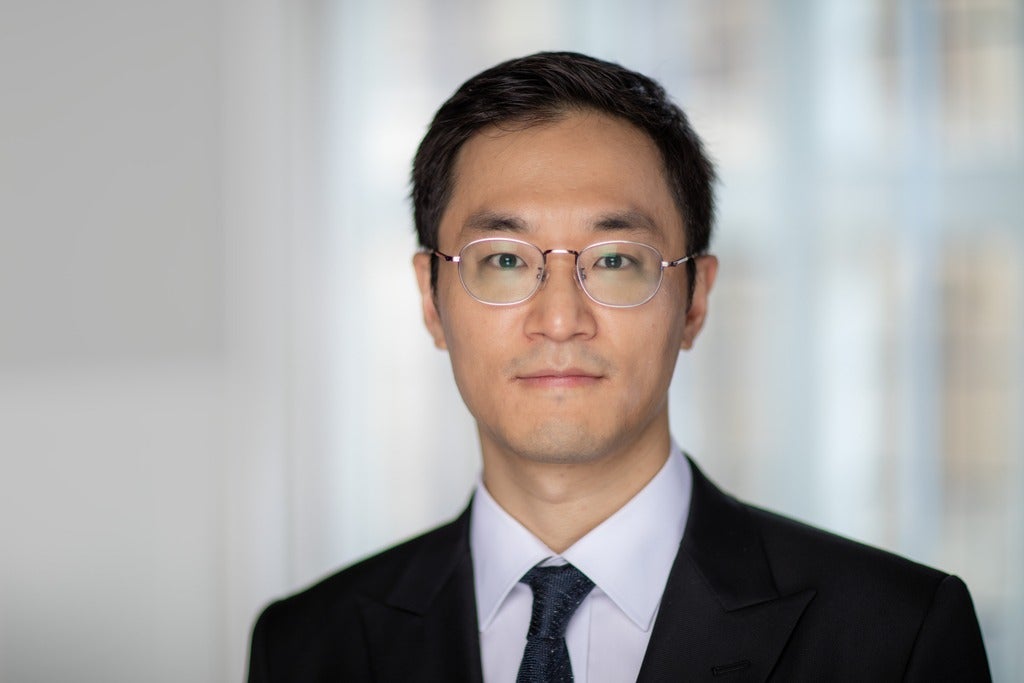Eihab Abdel-Rahman
Eihab Abdel-Rahman is associate professor of systems design engineering at the University of Waterloo. He specializes in the study of system dynamics and control with a particular interest in nonlinear systems. His current application areas are micro and nano electromechanical systems and energy harvesting systems.
Lisa Aultman-Hall
Dr. Lisa Aultman-Hall is Professor and Chair of Systems Design Engineering at the University of Waterloo. After graduating in 1996 with a Ph.D.
Jessica Blythe
Jessica Blythe is a SSHRC postdoctoral fellow and adjunct Associate Professor in the School of Environment, Resources, and Sustainability at the University of Waterloo. Trained broadly as a sustainability scientists, Jessica applies a social-ecological lens to explore how coastal communities experience environmental change, and what explains their different
Sarah Burch
Sarah Burch, PhD is an assistant professor in the Department of Geography and Environmental Management, University of Waterloo, Canada. Dr.
Peter Carrington
Peter Carrington retired in 2019 as Professor of Sociology at the University of Waterloo, and is now Adjunct Professor in the Department of Knowledge Integration. His current research project, the Canadian Criminal Careers and Criminal Networks Study, combines his long-standing interests in social network analysis and in the development of crime and delinquency.
Rodrigo Costa
Rodrigo Costa is an Assistant Professor in Systems Design Engineering at the University of Waterloo, whose research employs computational simulations to investigate how communities’ physical, economic, and social systems interact and exacerbate disaster risk and inequalities. He uses agent-based simulations to help decision-makers better understand and address post-disaster unmet needs. Costa’s work has been recognized with the 2021 Best Graduate Paper Award by the Earthquake Engineering Research Institute for his paper titled ‘Agent-based Model for Post-earthquake Housing Recovery’ and is a co-PI in the Center of Excellence for Equitable and Climate Resilient Housing funded by the US Department of Housing and Urban Development.
Neil Craik
Neil Craik, PhD, is an associate professor in the School of Environment, Enterprise and Development (SEED)at the University of Waterloo, where he teaches and researches in the fields of Canadian and international environmental law.
Kerstin Dautenhahn
Since August 2018 Kerstin Dautenhahn is Canada 150 Research Chair in Intelligent Robotics at University of Waterloo in Ontario, Canada. She is currently establishing the new Social and Intelligent Robotics Research Laboratory.
Hans De Sterck
Hans De Sterck is an associate professor in the Department of Applied Mathematics at the University of Waterloo. His area of research is computational mathematics and scientific computing, with applications to problems in science, engineering and technology.
Warren Dodd
Warren Dodd's research uses an interdisciplinary and mixed methods approach with the aim of understanding and addressing the social and ecological determinants of global health and development.
Paul Fieguth
Paul Fieguth is Professor and Department Chair in Systems Design Engineering, and a co-director of the Vision and Imaging Processing (VIP) Lab at the University of Waterloo.
Owen Gallupe
Owen Gallupe is an assistant professor in the Department of Sociology and Legal Studies at the University of Waterloo. He received his PhD in criminology from Simon Fraser University (2012). His research generally examines peer group dynamics as they relate to various forms of offending, often using social network analysis.
Mark Hancock
Mark Hancock is an assistant professor at the University of Waterloo in the Department of Management Sciences and associate director of research training for the Games Institute.
Craig Janes
Dr. Craig Janes is a medical anthropologist interested in and committed to social science approaches to public health and global health policy.
Ed Jernigan
Ed Jernigan is a professor and former chair of the Department of Systems Design Engineering at the University of Waterloo. He joined Waterloo in 1976 after completing his Bachelor of Science, Master of Science, and PhD degrees from Massachusetts Institute of Technology.
Anna Klinkova
Anna Klinkova’s research is focused on developing efficient synthetic approaches to advanced nanomaterials for applications in alternative energy and catalysis.
Michael Lawrence
Michael Lawrence is a Post-Doctoral Researcher at the Cascade Institute (CI) at Royal Roads University, where he leads the Complexity Education for Action project, which integrates complexity thinking into multiple levels of education to better address the global challenges of the twenty-first century. He has published several CI policy briefs on COVID-19 recovery in relation to a Green New Deal, global inequality, and the risks of economic depression.
Bruce MacVicar
Bruce MacVicar, Associate Professor of Civil and Environmental Engineering, is interested in complex systems related to alluvial rivers where the form of the river is determined by a complex interplay between flow shear stress and turbulence, sediment transport, vegetation growth, and the development of bedforms like riff
Dan McCarthy
Dan McCarthy is a faculty member with Social Innovation Generation, the Waterloo Institute of Social Innovation and Resilience as well as an assistant professor in the Faculty of Environment, University of Waterloo.
John McLevey
John McLevey is an assistant professor in knowledge integration at the University of Waterloo, with cross-appointments to sociology and legal studies, and environment and resource studies. He has a PhD (2013) in sociology from McMaster University.
Steve Mock
Steven J Mock is research director of the Ideological Conflict Project of the Balsillie School of International Affairs, Waterloo, Ontario. He completed his PhD in government at the London School of Economics and Political Science in 2009. He is a former chair of the Association for the Study of Ethnicity and Nationalism (ASEN) and member of the editorial team of Nations and Nationalism.
Tejal Patel
Dr. Tejal Patel is an Assistant Clinical Professor at the University of Waterloo School of Pharmacy, and a practicing clinical pharmacist with the Memory Clinic at the Centre for Family Medicine Family Health Team in Kitchener, Ontario. Dr. Patel obtained her PharmD from the University of Kentucky and completed a Post-doctoral Research Fellowship in Neurology at the University of Illinois at Chicago. In her position with the School of Pharmacy, Dr.
Chris Perlman
Dr. Christopher Perlman is an assistant professor in the School of Public Health and Health Systems at the University of Waterloo. His research focuses on understanding and improving the quality of healthcare for vulnerable health populations, particularly older adults and persons with mental health conditions.
Jeremy Pittman
Jeremy Pittman is an Assistant Professor in the School of Planning, whose research interests include: environmental policy and governance in the Anthropocene, landscape- and seascape-scale approaches to planning, human communities in an interconnected world and social-ecological connectivity.
Kumaraswamy Ponnambalam
Ponnu Kumaraswamy Ponnambalam is a Professor in the Department of Systems Design Engineering at the University of Waterloo.
He has previously worked at several academic institutions including the College of Engineering in Guindy, Madras, India; the University of Toronto, the University of Ottawa and the Technical University of Delft in the Netherlands. In the past, Professor Ponnambalam has been the Associate Chair of Graduate Studies in the Systems Design Engineering department at University of Waterloo.
David Porreca
David Porreca is an Associate Professor and Chair in the Department of Classical Studies and the Co-Director of Medieval Studies Undergraduate Program, at University of Waterloo. David's research interests broadly involve Medieval intellectual history, especially the reception of the pagan Classical tradition in the Christian Middle Ages.
Francis Poulin
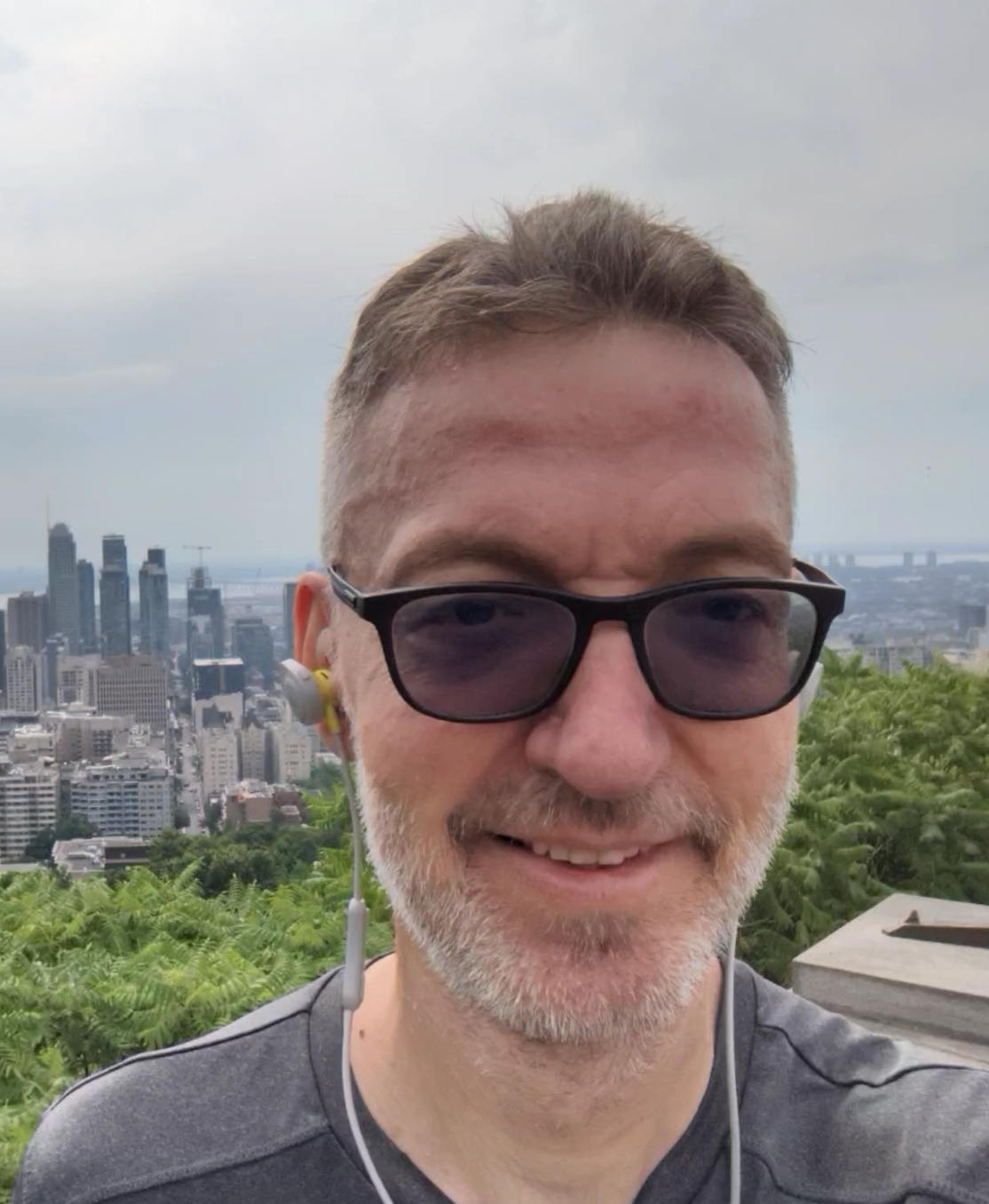
Luis Ricardez-Sandoval
Luis Ricardez-Sandoval is an Associate Professor in the Department of Chemical Engineering and Canada Research Chair in Multiscale Modelling and Process Systems. Dr. Ricardez-Sandoval's current research interests are focused on the development and application of novel optimization tools for various emerging applications including multiscale systems.
Derek Robinson
Derek Robinson is an assistant professor in the Department of Geography and Environmental Management, University of Waterloo. His research interests lie at the center of land use, land management, and the carbon cycle.
Rebecca Saari
Rebecca Saari is an Assistant Professor in Civil and Environmental Engineering. Her research team builds models to inform sustainable engineering and sustainable decisions and seeks to quantify the linkages between air quality, energy, climate, and equity.
Marek Stastna
Marek Stastna, Associate Dean of Computing and Professor of Applied Mathematics is an applied mathematician by training (PhD, Waterloo 2001). His applied mathematics interests are rooted in the descriptions of nonlinear waves, whether analytical (perturbation theory, variational methods) or numerical. His post PhD career has covered a broad range of application topics, with coastal oceans and large lakes the primary focus. He has made occasional forays into climate modeling, hydrology and other porous media problems. He enjoys developing numerical models, and has been involved in large, MPI based models, GPU based models as well as data analysis methods meant for a non-technical audience.
Sarah Tolmie
Sarah Tolmie, a Professor in the Department of English Language and Literature at the University of Waterloo, is a traditionally-trained, philologically-oriented medievalist with a master's degree from the University of Toronto and a PhD from the University of Cambridge. Her research interests are in historiography, visionary poetry and embodiment. She has published articles on Middle English and Scots literature, as well as on Langland's Piers Plowman.
Mark Weber
Mark Weber is the Eyton Director of the Conrad Business, Entrepreneurship and Technology Centre (Conrad) at the University of Waterloo (UW). Prior to his current role, Mark was the inaugural Director of the Graduate Diploma in Social Innovation at UW and served on the faculty of the Rotman School of Management and UTM at the University of Toronto for almost a decade.
Jangho Yang
Jangho Yang is an Assistant Professor of Management Science and Engineering at the University of Waterloo. Before joining the University of Waterloo, he completed his Ph.D. at the New School for Social Research and then undertook a postdoctoral research position at the University of Oxford. His research focuses on information-theoretic approaches, power-law behavior, firm-level productivity and investment, and Bayesian multilevel modeling. In particular, he specializes in applying complex system frameworks, such as maximum entropy modeling and power law modeling, to economic data on technological change.
